Russia-Iran ties could be factor as Trump eyes new sanctions for Tehran
Sun 26 Mar 2017, 09:21:39
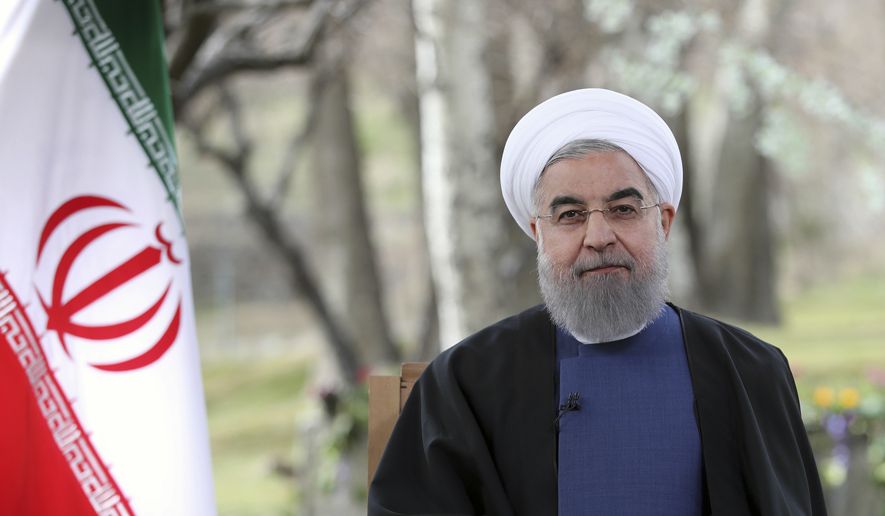
The Trump administration is close to announcing a new slate of economic sanctions aimed at containing Iran’s ballistic missile activities, a day after senators introduced bipartisan legislation to expand such measures, as well as those targeting Iranian human rights abuses and support for terrorism.
More than a dozen senators on both sides of the aisle Thursday put their weight behind the “Countering Iran’s Destabilizing Activities Act of 2017” — legislation that would also pressure President Trump to use sanctions as a tool for enforcing a U.N. embargo on certain arms sales to the Islamic republic.
The White House was seen to be already moving toward such actions by Friday morning. Multiple sources told CBS News that the Trump administration is planning to roll out new targeted sanctions against entities that have helped Iran with its ballistic missile program.
More than a dozen senators on both sides of the aisle Thursday put their weight behind the “Countering Iran’s Destabilizing Activities Act of 2017” — legislation that would also pressure President Trump to use sanctions as a tool for enforcing a U.N. embargo on certain arms sales to the Islamic republic.
The White House was seen to be already moving toward such actions by Friday morning. Multiple sources told CBS News that the Trump administration is planning to roll out new targeted sanctions against entities that have helped Iran with its ballistic missile program.
It remains to be seen whether the new sanctions will complicate the terms of the major nuclear accord that the Obama administration pushed through with Iran in 2015.
The accord, which was reached between Iran, the U.S., Germany, France, Britain, China and Russia, broadly lifted sanctions on Iran in exchange for limits on Tehran’s nuclear program and regular international inspections.
But it also included strict guidelines by which Washington and other nations could level new economic penalties against Iran.
The Trump administration already moved in February to impose new sanctions against 13 Iranian individuals and 12 companies in response to a series of recent ballistic missile test by Iran that the White House said were in violation of a U.N. Security Council Resolution.
Most of the individuals and entities designated at the time were based in Tehran, although several in the United Arab Emirates, Lebanon and China were also targeted by the sanctions, which block those designated from doing business with anyone who has assets in U.S. markets.
On issuing the February sanctions, the Trump administration said the actions would not violate the terms of the 2015 nuclear accord because they were being taken under an authority previously issued by then-President Barack Obama.
Russia factor
While Mr. Trump has sharply criticized the nuclear accord, he has also suggested that his administration will attempt to comply
with it to avoid friction with the other powers who co-signed and continue to stand behind the deal.
But there are big questions about how the new movement on sanctions could impact Washington’s relations with some of those powers, specifically Russia.
The new legislation proposed by senators this week would authorize President Trump to impose sanctions on anyone involved in the supply and sale of “battle tanks, armored combat vehicles, large caliber artillery systems, combat aircraft, attack helicopters, warships, missiles or missile systems.”
Russia currently has several deals in the works with Iran that involve the transfer of just such technology to the Islamic republic.
The Iranian defense minister announced last May that Russia had delivered a sophisticated S-300 air-defense missile system to Iran.
While questions about the Russia-Iran deals hang in the backdrop, the senators pushing the new sanctions legislation say its aim is to broaden Mr. Trump authority to contain Iranian missile activity and support for terrorism around the Middle East over the past two years. Analysts say Tehran has become emboldened on both fronts since the 2015 nuclear accord.
“This legislation demonstrates the strong bipartisan support in Congress for a comprehensive approach to holding Iran accountable by targeting all aspects of the regime’s destabilizing actions,” Senate Foreign Relations Committee Chairman Bob Corker said in a statement Thursday.
“These steps will allow us to regain the initiative on Iran and push back forcefully against this threat to our security and that of our allies,” the Tennessee Republican said.
Sen. Ben Cardin, the Foreign Relations Committee’s ranking Democrat, added that the new legislation “sets out elements of a strong policy for countering Iran’s destabilizing activities.”
“We must insist on rigorous [nuclear accord] enforcement, which does not prevent us from sanctioning Iran for its support for terrorism, human rights violations, and pursuit of ballistic missiles,” said Mr. Cardin of Maryland.
Sens. Corker and Cardin introduced the legislation with Sens. Robert Menendez, Marco Rubio, Tom Cotton and Bob Casey. Cosponsors included Sens. Ted Cruz, Michael Bennet, James Rich, Chris Coons, Dan Sullivan, Richard Blumenthal, Todd Young and Joe Donnelly.
The accord, which was reached between Iran, the U.S., Germany, France, Britain, China and Russia, broadly lifted sanctions on Iran in exchange for limits on Tehran’s nuclear program and regular international inspections.
But it also included strict guidelines by which Washington and other nations could level new economic penalties against Iran.
The Trump administration already moved in February to impose new sanctions against 13 Iranian individuals and 12 companies in response to a series of recent ballistic missile test by Iran that the White House said were in violation of a U.N. Security Council Resolution.
Most of the individuals and entities designated at the time were based in Tehran, although several in the United Arab Emirates, Lebanon and China were also targeted by the sanctions, which block those designated from doing business with anyone who has assets in U.S. markets.
On issuing the February sanctions, the Trump administration said the actions would not violate the terms of the 2015 nuclear accord because they were being taken under an authority previously issued by then-President Barack Obama.
Russia factor
While Mr. Trump has sharply criticized the nuclear accord, he has also suggested that his administration will attempt to comply
with it to avoid friction with the other powers who co-signed and continue to stand behind the deal.
But there are big questions about how the new movement on sanctions could impact Washington’s relations with some of those powers, specifically Russia.
The new legislation proposed by senators this week would authorize President Trump to impose sanctions on anyone involved in the supply and sale of “battle tanks, armored combat vehicles, large caliber artillery systems, combat aircraft, attack helicopters, warships, missiles or missile systems.”
Russia currently has several deals in the works with Iran that involve the transfer of just such technology to the Islamic republic.
The Iranian defense minister announced last May that Russia had delivered a sophisticated S-300 air-defense missile system to Iran.
While questions about the Russia-Iran deals hang in the backdrop, the senators pushing the new sanctions legislation say its aim is to broaden Mr. Trump authority to contain Iranian missile activity and support for terrorism around the Middle East over the past two years. Analysts say Tehran has become emboldened on both fronts since the 2015 nuclear accord.
“This legislation demonstrates the strong bipartisan support in Congress for a comprehensive approach to holding Iran accountable by targeting all aspects of the regime’s destabilizing actions,” Senate Foreign Relations Committee Chairman Bob Corker said in a statement Thursday.
“These steps will allow us to regain the initiative on Iran and push back forcefully against this threat to our security and that of our allies,” the Tennessee Republican said.
Sen. Ben Cardin, the Foreign Relations Committee’s ranking Democrat, added that the new legislation “sets out elements of a strong policy for countering Iran’s destabilizing activities.”
“We must insist on rigorous [nuclear accord] enforcement, which does not prevent us from sanctioning Iran for its support for terrorism, human rights violations, and pursuit of ballistic missiles,” said Mr. Cardin of Maryland.
Sens. Corker and Cardin introduced the legislation with Sens. Robert Menendez, Marco Rubio, Tom Cotton and Bob Casey. Cosponsors included Sens. Ted Cruz, Michael Bennet, James Rich, Chris Coons, Dan Sullivan, Richard Blumenthal, Todd Young and Joe Donnelly.
No Comments For This Post, Be first to write a Comment.
Most viewed from International
Most viewed from World
AIMIM News
Latest Urdu News
Most Viewed
May 26, 2020
Is it right to exclude Bangladesh from the T20 World Cup?
Latest Videos View All
Like Us
Home
About Us
Advertise With Us
All Polls
Epaper Archives
Privacy Policy
Contact Us
Download Etemaad App
© 2026 Etemaad Daily News, All Rights Reserved.


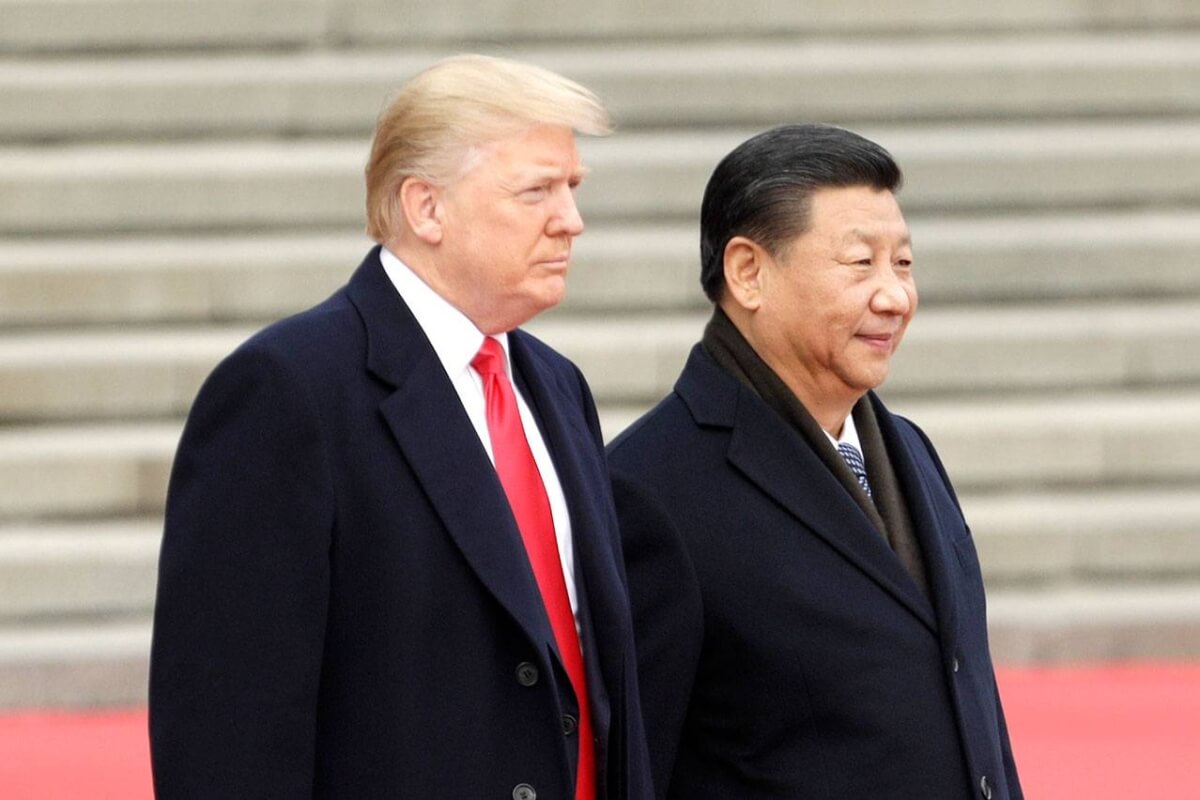
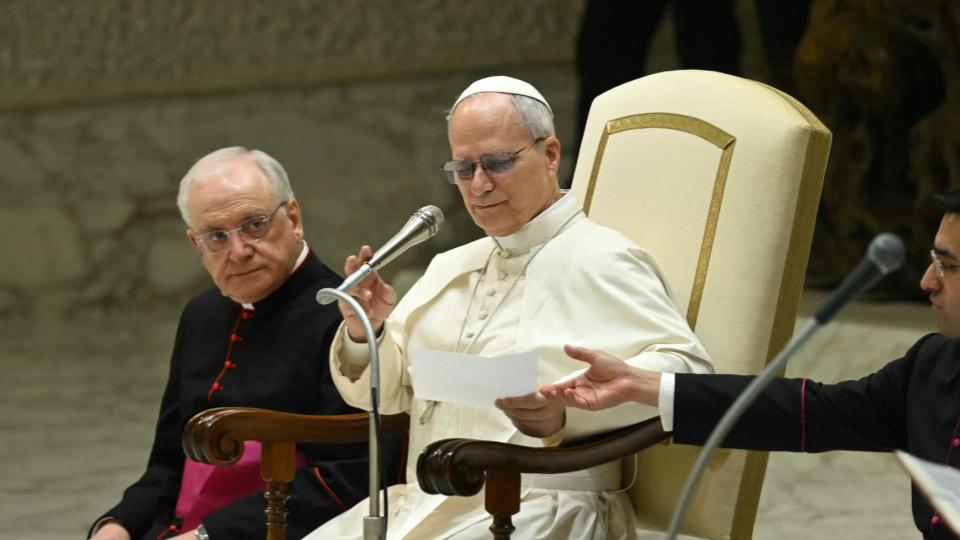




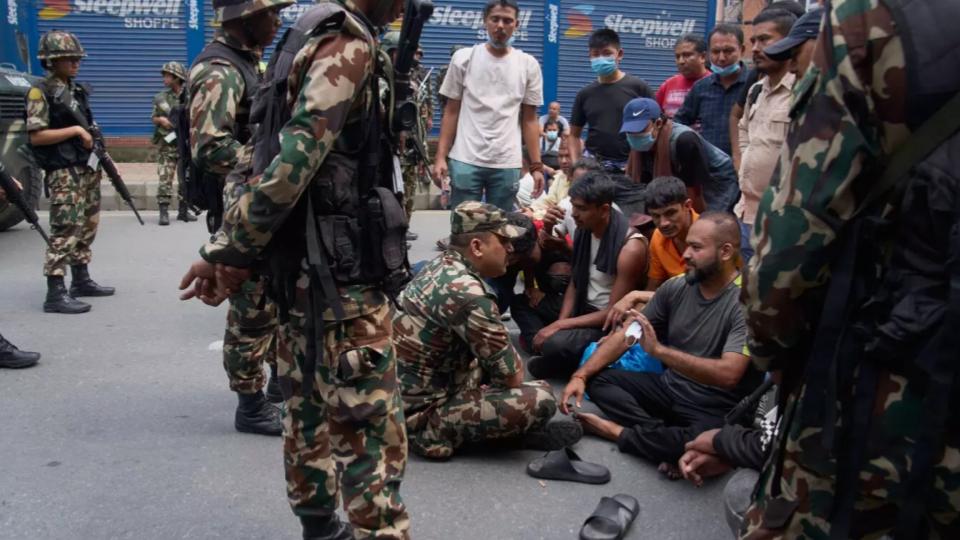

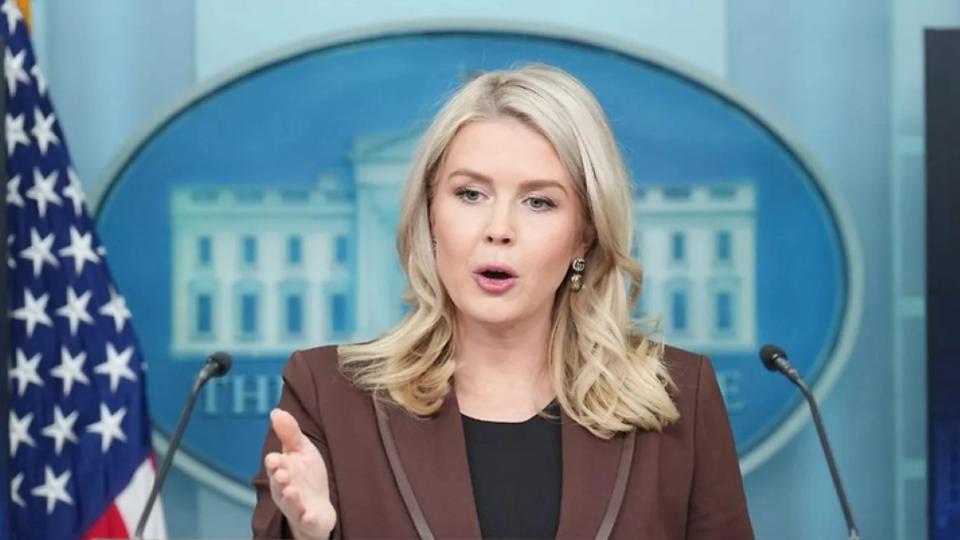

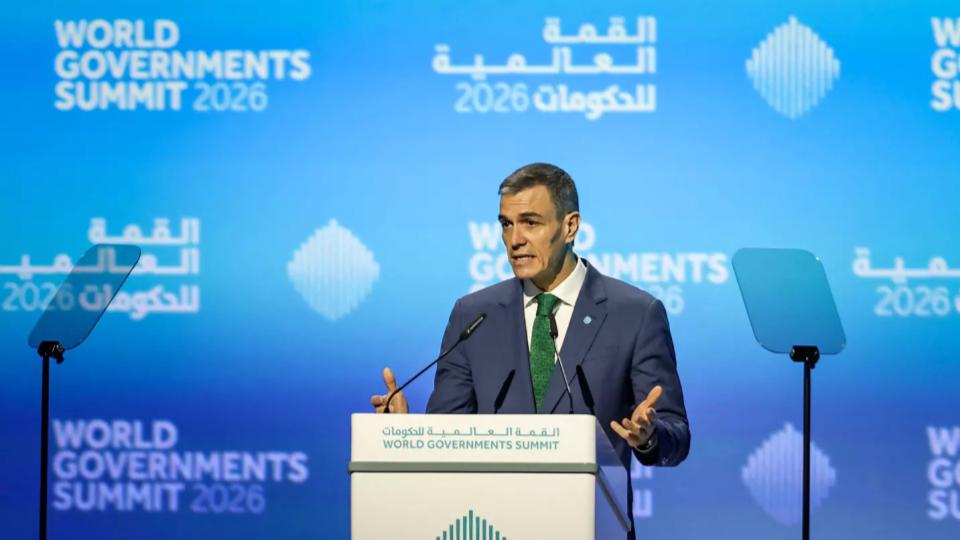









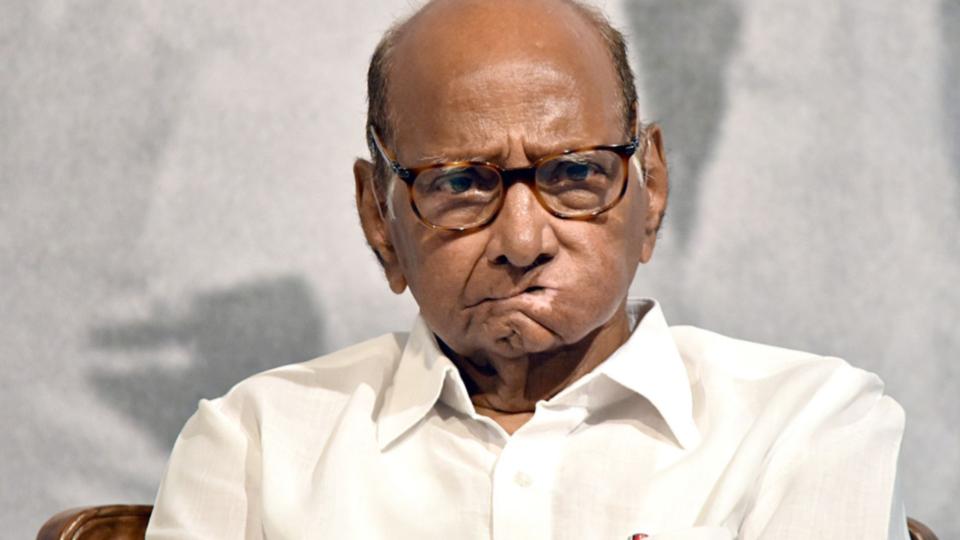













.jpg)
.jpg)
.jpg)


